Showing 1-15 of 33 results
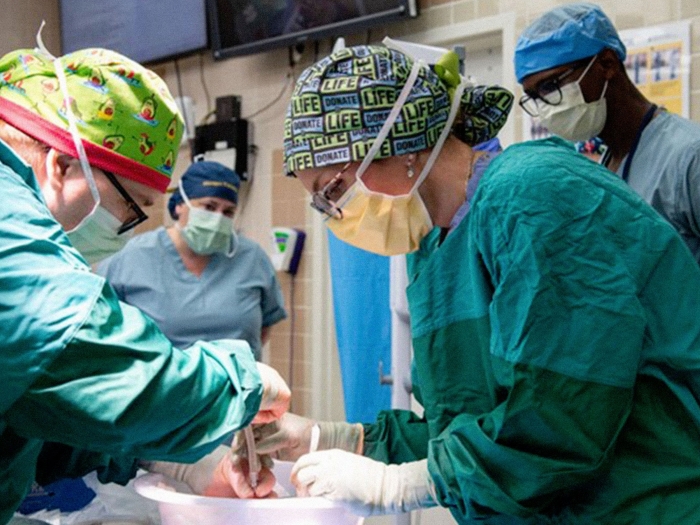
Health Lab
A Michigan Medicine surgeon builds a sustainable kidney transplant program in Rwanda.

Health Lab
A team of researchers have spent the past eight years looking at better ways to transport organs for donation, specifically hearts, to improve the number of organs that can be used for transplants. They found that using a modified normothermic perfusion system heart preservation was feasible for up to 24 hours.

Health Lab
Researchers improved memory and reduced neuroinflammation in a mouse model of Alzheimer’s Disease, suggesting another avenue for potential treatment.

Health Lab
An effort to reduce use of PPI heartburn drugs in veterans because of overuse, cost and potential risks succeeded, but provides lessons about deprescribing efforts.
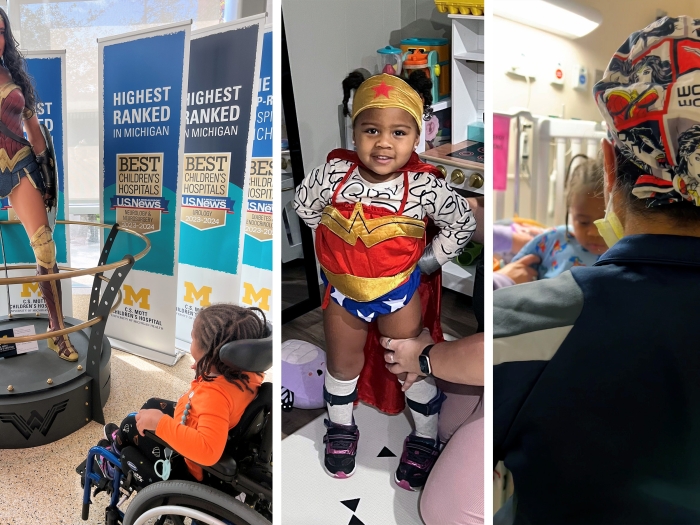
Health Lab
Three year old Wonder Woman fan thrives after customized minimally invasive selective dorsal rhizotomy to help symptoms of cerebral palsy and spastic diplegia

Health Lab
Elective surgery study shows older adults have concerns about what it will cost them, how much work they’ll miss and whether they’ll catch COVID-19.

Health Lab
A recent study from U-M offers more insight into the underlying causes of EOE.
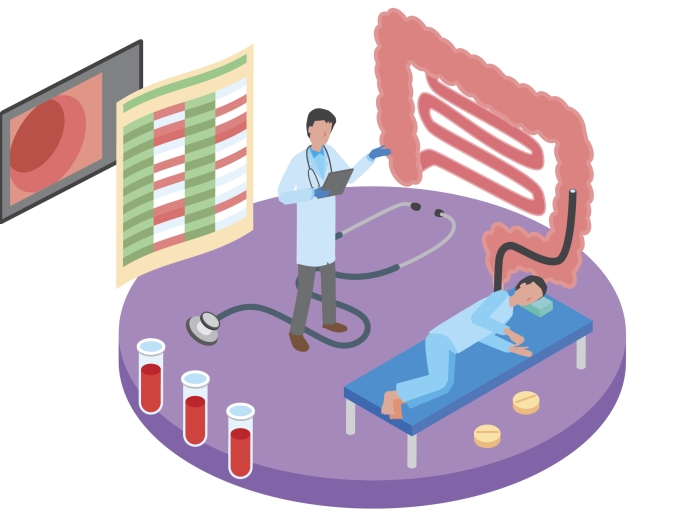
Health Lab
Free colonoscopies for people whose at-home stool tests (such as Cologuard and FIT) turn up signs of potential cancer are now covered by insurance, and a study shows this will save money.
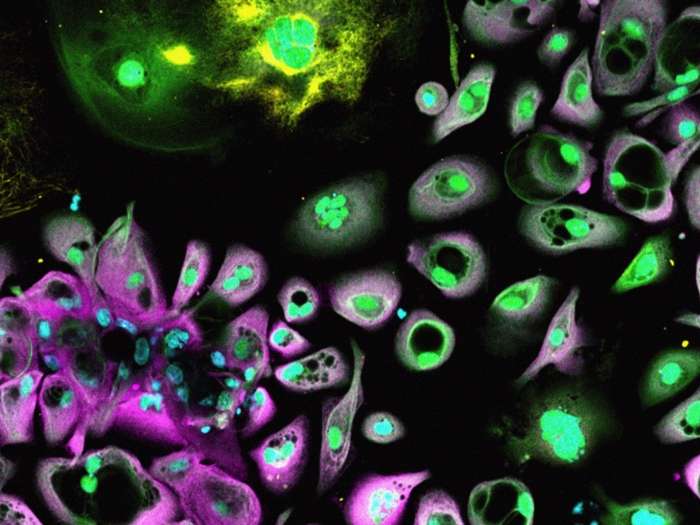
Health Lab
A University of Michigan-led study provided evidence of the efficacy of a new drug-induced liver injury screening platform using human liver organoids, or tiny 3D models of organs developed from patients’ stem cells that grow in petri dishes.

Health Lab
Study reveals presenting adults between 76 and 85 with personalized information about the benefits and harms of colon cancer screening decreases excess screening
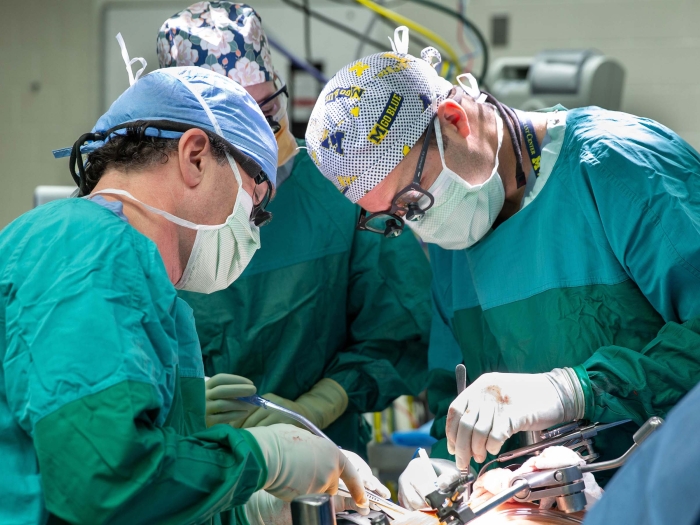
Health Lab
A Michigan Medicine transplant specialist examines different ways of caring for patients with liver cancer.
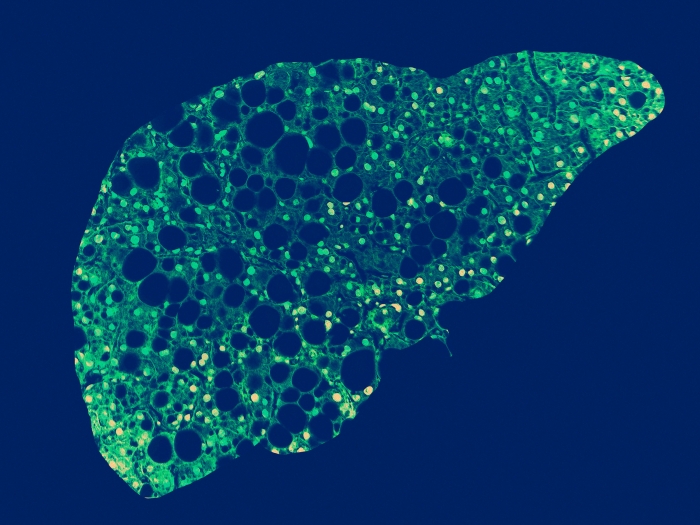
Health Lab
A Michigan Medicine team of experts seeks to identify the human genetic causes of MASLD, formerly called NAFLD

Health Lab
Michigan Medicine gastroenterologists and hepatologists find older adults with digestive diseases experience higher rates of loneliness, depression and lower perceived health

Health Lab
AI can predict certain forms of esophageal and stomach cancer Michigan Medicine study says.